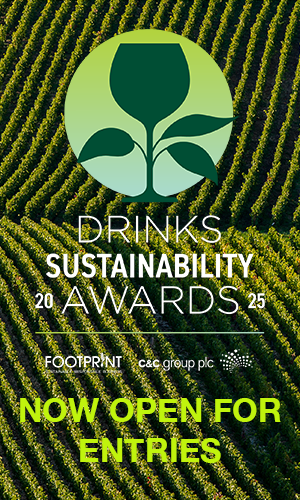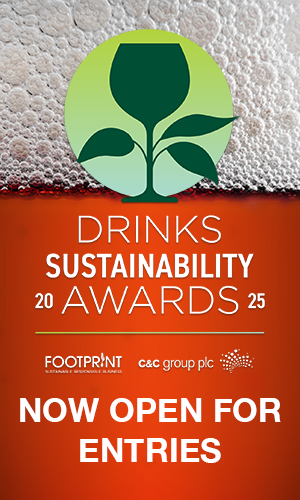NESTLÉ PROFESSIONAL has launched a free online waste management course, offering practical advice and guidance on waste prevention and management strategies.
The new e-learning resource has been developed in association with Specialist Waste Recycling (SWR), one of the UK’s leading waste management companies and has been designed to dispel the myth that improving environmental performance is costly.
It also aims to improve understanding of appropriate recycling methods for the various waste streams.
The course focuses on the “golden rules” of waste management such as auditing amount and types of waste, ensuring proper segregation and communication of environmental plans to stakeholders.
This course comes after Nestlé UK announced it had achieved zero food and packaging waste to landfill across all its factories earlier this year, which Neil Stephens, managing director of Nestlé Professional UK&I said “incentivized” them to share their learnings and create this practical tool, adding: “Waste from the food industry, both the food itself and the associated packaging, has traditionally been a significant contributor to landfill. Take for example the fact that restaurants, pubs and hotels alone produce an estimated 3.4 million tonnes a year, of which 1.5 million goes to landfill.[1] And this is just the tip of the iceberg.
“The good news is the hospitality industry has acknowledged that waste is a shared responsibility and is making great strides in minimising its impact, recognising that it’s not only the right thing to do but also makes good business sense to do it.”
Jane Dennyson from SWR also commented: “The WRAP Hospitality and Foodservice Agreement sets the target of 70% of food and packaging waste being recycled, sent to anaerobic digestion or composted by the end of 2015. Collective action across the foodservice sector is not only critical to this target being delivered, but could also result in savings of up to £76 million by the end of 2015[2], which really underlines the business case for good waste management.”











